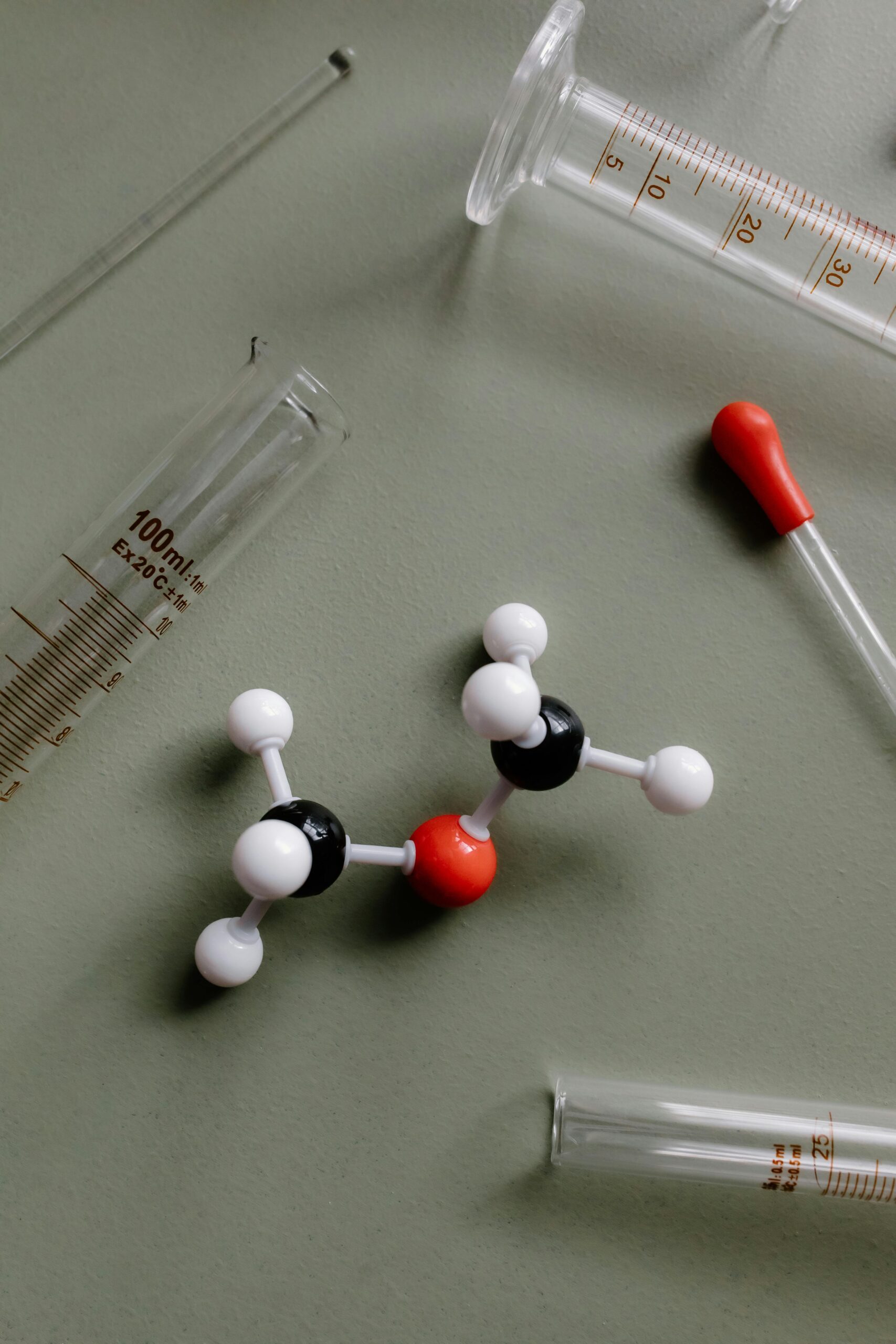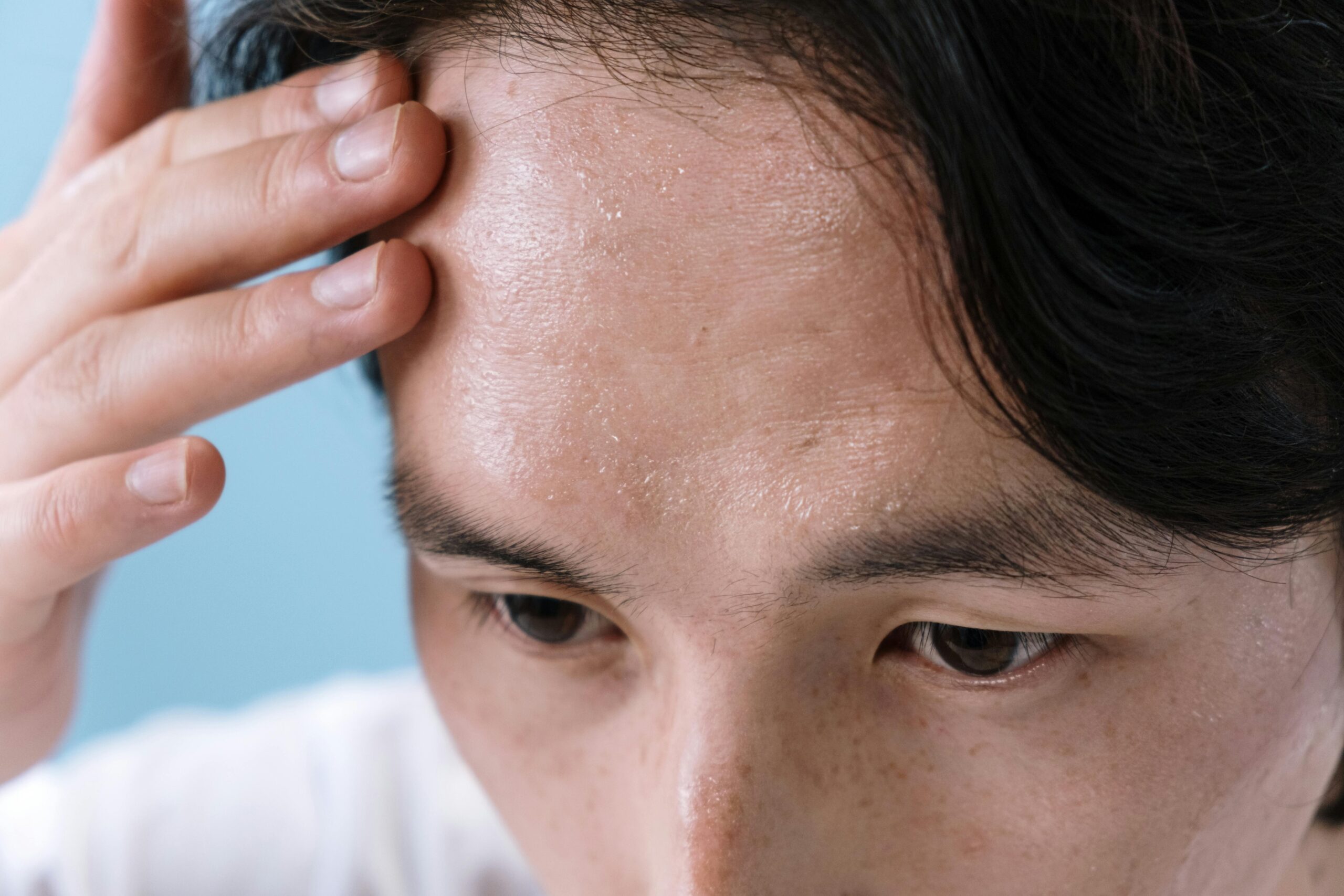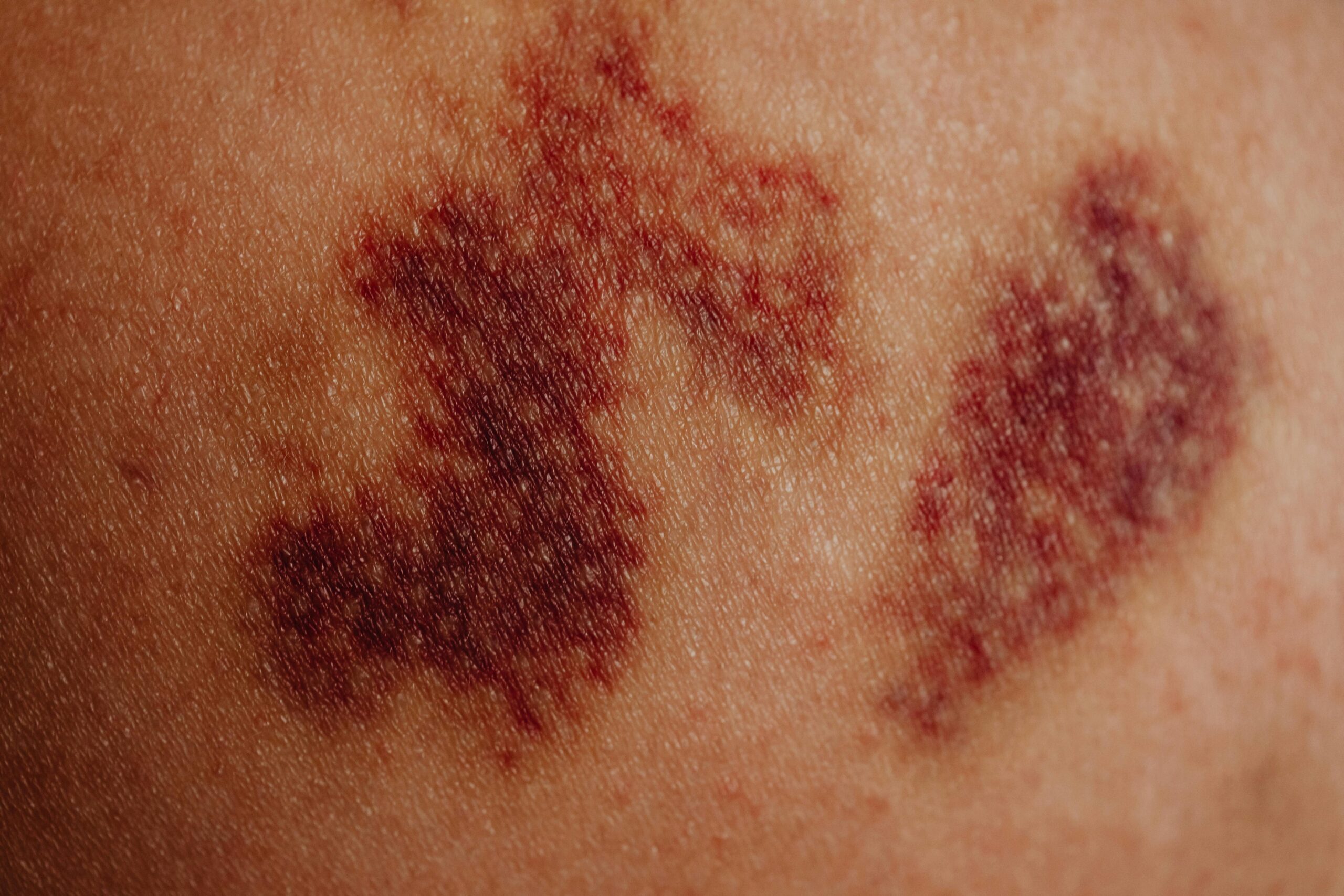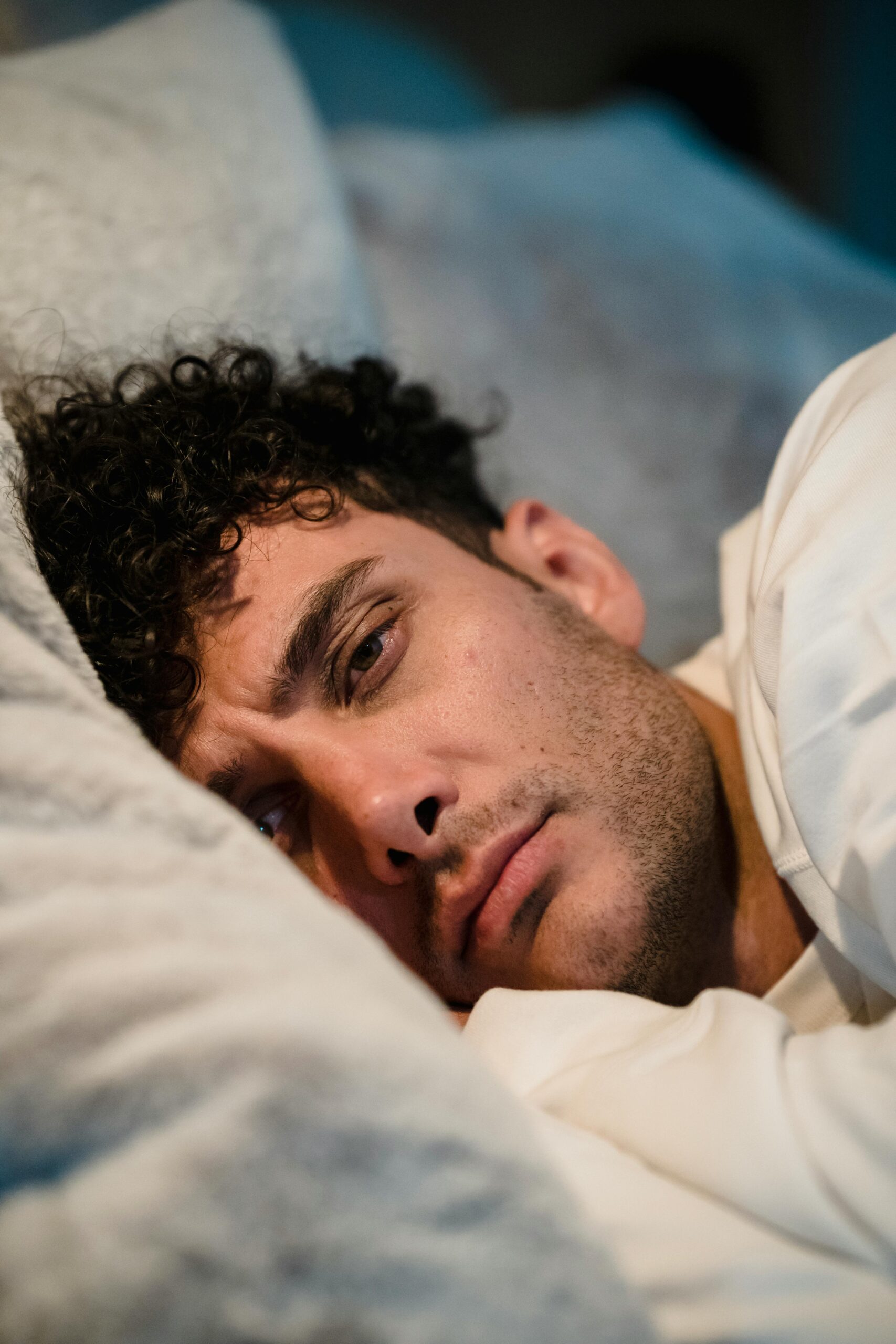Tag: cancer treatment
-

The Keto Diet: Myths and Realities Explained by Experts
The ketogenic (keto) diet has gained immense popularity, but misconceptions about it persist. Samara Mahindra, founder of Carer, and Karishma Boolani, sport scientist and founder of Humanics, break down what keto truly is, and what it isn’t. What is the Keto Diet? Karishma explains, “Ketosis is a state where your body primarily uses fat as…
-

How to Talk to Children About a Cancer Diagnosis – Part 1
Dealing with their own Diagnosis A cancer diagnosis for a child is life-altering, and explaining it to them requires sensitivity, honesty, and age-appropriate communication. In India, where cultural taboos around illness persist, many families struggle with this conversation. This guide offers practical advice tailored to Indian families, covering emotional reactions, language, involvement in care, expert…
-

Understanding Hormone Therapy for Breast and Prostate Cancer
What Is Hormone Therapy and How Does It Work? Hormone therapy is a cancer treatment that blocks or lowers the levels of certain hormones to slow or stop cancer growth. It’s commonly used for breast and prostate cancers, which often rely on hormones like estrogen and testosterone to grow. Differences in Use for Breast vs.…
-

Living with Breast Cancer: Natural Ways to Manage Hormone-Related Side Effects
Breast cancer treatment, especially hormone therapy, can cause challenging side effects like hot flashes, fatigue, mood swings, and joint pain. Medications are helpful, but so are natural solutions. Here are a few easy yet efficient strategies to deal with side effects caused by hormones. Eat a Balanced Diet What you eat has a huge impact…
-

Nutrition for Cancer Fighters: Building Immunity Through the Right Diet
Cancer treatments like chemotherapy and radiotherapy are powerful but take a toll on the body, because they weaken immunity by destroying both cancerous and healthy cells. According to Dr. Nandita Shah, proper nutrition plays a crucial role in recovery and rehabilitation during and after cancer therapy. “When our immunity is at its lowest, we need…
-

Nanomedicine in Cancer Care: Tiny Particles, Big Impact
Introduction to Nanomedicine for Cancer Treatment Cancer treatment has evolved significantly with the advent of nanotechnology. In order to detect, track, and treat diseases at the molecular level, nanomedicine uses tiny particles—typically smaller than 100 nanometers. These nanoparticles are designed to precisely target cancer cells in oncology, providing fresh hope for less harmful and more…
-

Recognizing and Soothing Skin Reactions from Radiation Therapy
Radiation therapy is a crucial part of cancer treatment, but it often comes with side effects—particularly skin irritation. Understanding how to recognize and soothe these reactions can help improve comfort and promote healing. Common Radiation-Related Skin Issues Radiation therapy, while effective in targeting cancer cells, often leads to skin reactions due to its impact on…
-

Navigating Fatigue and Brain Fog in Blood Cancers: Holistic Support for Leukemia and Lymphoma Patients
Blood cancers like leukemia and lymphoma present unique challenges, from aggressive treatments such as chemotherapy, radiation, and bone marrow transplants to the prolonged recovery periods that follow. These therapies are life-saving, but they often leave patients battling chronic fatigue, cognitive dysfunction a.k.a. “chemo brain“, and a weakened immunity. Managing these symptoms requires a holistic approach,…
-

Toxic Beauty? Understanding the Cancer Risks in Personal Care Products
Growing research suggests that certain chemicals in personal care products may be linked to cancer and hormone disruption. Every day, we use shampoos, lotions, deodorants, and makeup—but how often do we check what’s inside them?While not all ingredients are harmful, some warrant caution. Here’s what you need to know to make safer choices. Ingredients to…
-

Natural Solutions to Manage Anxiety and Sleep Disturbances
A cancer diagnosis and its treatment can take a heavy emotional toll, often leading to anxiety, stress, and sleep disturbances. The constant worry, physical discomfort, and side effects of therapy can disrupt restful sleep, creating a vicious cycle of fatigue and heightened stress. Fortunately, there are natural, non-medical strategies that can help restore balance and…
